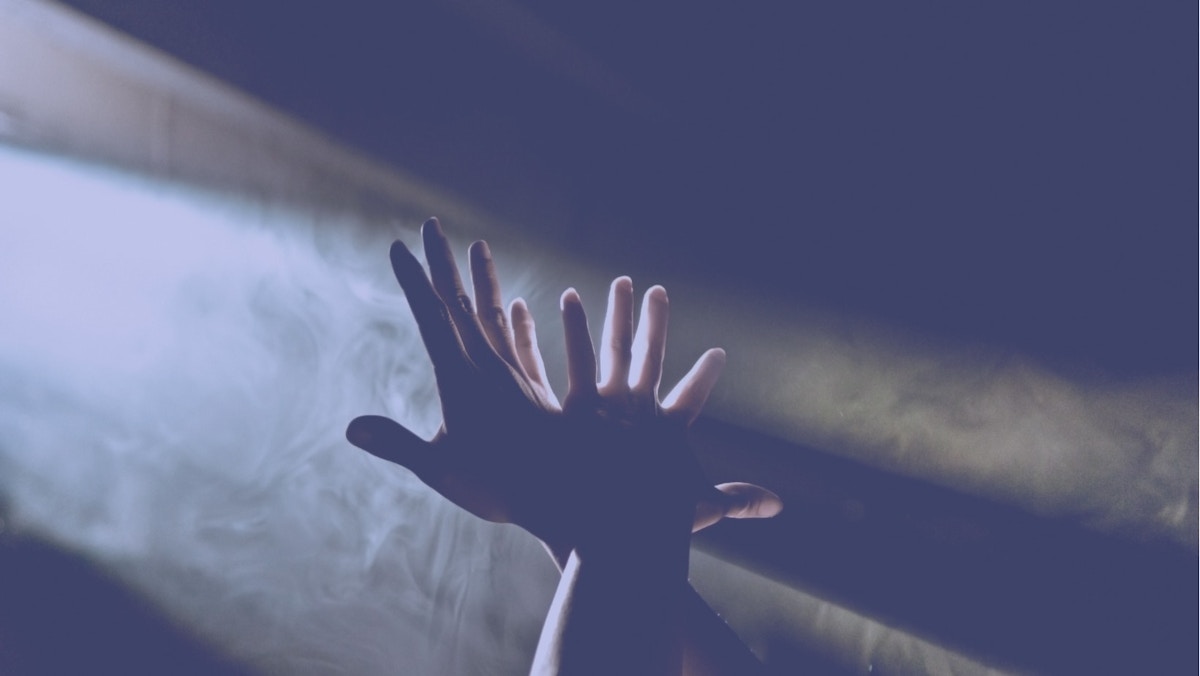I Am Sober is a free app that helps you get some control back in your life.

Why Are Drugs Like Depressants Described as the Opposite of Amphetamines?
Last Updated: Mon, March 21, 2022Depressants affect particular sections of the brain responsible for our consciousness and voluntary actions. On the other hand, amphetamines speed up the messages that travel between the body and the brain. So why are drugs like depressants described as the opposite of amphetamines?
If you’ve been wondering why are drugs like depressants described as the opposite of amphetamines, you’re in the right place.
In this article, we will answer the question, “Why are drugs like depressants described as the opposite of amphetamines?”.
What Are Depressants?
Depressant substances reduce arousal and stimulation. Technically, depressants do not make a person depressed. However, they affect the central nervous system, leading to the slowing down of the messages between the body and the brain.
In addition, depressants affect one’s concentration and coordination. They can also slow down one’s response to unexpected situations.
Depressants, if taken in small doses, can make a person feel more relaxed and less inhibited. However, it can also cause drowsiness, vomiting, unconsciousness, and even death if taken in large and uncontrolled doses.
Moreover, depressants are known as downers. They come in multicolored tablets and capsules, and liquid form.
Most depressants are tailored to treat illnesses like anxiety and insomnia. However, many people use and abuse other types of depressants for recreation.
One thing that’s common about all types of depressants is that they can become addictive. Although depressants are widely used, they should be used responsibly. Medical supervision is also needed for a prescribed amount of use.
Effects of Depressants
Here are the effects of depressants:
● Confusion or Disorientation
The majority of the central nervous system depressants act on the brain. They increase the activity of gamma-aminobutyric acid or GABA, a chemical that inhibits the activity of the brain. Usually, people who take depressants will feel sleepy and uncoordinated.

● Chronic Fatigue
Long-term use of depressants can also result in depression, chronic fatigue, breathing difficulties, sexual problems, and sleep problems. Users may also experience cravings, anxiety, and panic as dependency on the drug increases. This commonly happens if the user is unable to get more of the drug.
● Visual Disturbances
While under the influence, users may experience memory problems. They may also have difficulty remembering things afterward. In fact, other users have developed paranoia and visual disturbances while abusing depressants.
● Overdose
Another possible side effect of the unregulated use of depressants is overdose. Overdose can then lead to respiratory depression, seizures, and even death.
What Are Amphetamines?
Amphetamines are psychostimulant drugs. These drugs speed up the messages that travel between the body and the brain.
Doctors prescribe amphetamines to treat health conditions. These include attention deficit hyperactivity disorder (ADHD) and narcolepsy.
Amphetamines can also be used to treat Parkinson’s disease. However, some types of amphetamines are illegally produced and sold.
In addition, amphetamines can also be taken as performance enhancement drugs. Its most potent form is crystal methamphetamine or ice.
Another type of amphetamine called methylphenidate is a type of stimulant drug. Stimulants act like adrenaline and can speed up the central nervous system.
It’s illegal to use amphetamines without a prescription. If used for recreation, the drug can lead to addiction.
Pure forms of amphetamines come in white, odorless, and bitter-tasting crystalline powders. However, amphetamines vary in purity. Some forms of amphetamines may be whitish with traces of gray or pink. Others may look like coarse powder or in crystals or chunks.
Effects of Amphetamines
Here are the effects of amphetamines:
● Reduced Drowsiness
Frequent abuse of amphetamines similar drugs can cause severe sleep deprivation. Sleep deprivation affects the dopamine receptors of the body, which can lead to increased impulsivity and drug use.
● Decreased Mental Performance
Sleep interference can become a problem especially when amphetamines are used for long periods of time and times when you should normally sleep.
● Rapid Speech
Pressured or rapid speech can be a symptom of a mental health condition. However, it can also be associated with using amphetamines.
● Mood Swings and Anxiety
Taking amphetamines when you’re in a bad mood will only worsen your mood. It can even lead to anxiety, chronic fatigue, or delusional thinking.

Why Drugs Like Depressants Are Described as the Opposite of Amphetamines?
So why are drugs like depressants described as the opposite of amphetamines?
As mentioned, depressants inhibit the user’s central nervous system. On the other hand, stimulants like amphetamine speed up the user’s body.
For this reason, drugs like depressants are described as the opposite of amphetamines.
Conclusion
Both stimulants and depressants can affect how a person behaves, feels, and thinks. If you or your loved one is suffering from both or either of these drugs, reach out to a professional for help. You can also use a sobriety app like the I Am Sober App to help track your progress.
I Am Sober is a free app that helps you get some control back in your life.